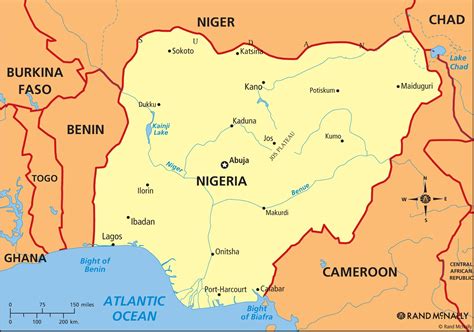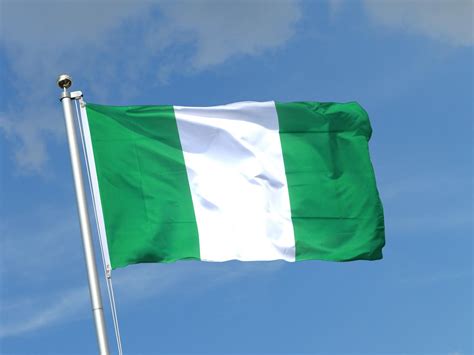Nigeria is situated on the Gulf of Guinea surrounded by Benin, Cameroon, Chad and Niger. It is home to three major tribes: the Hausa-Fulani, Igbo, and Yoruba. With a population of over 211 million, Nigeria has the highest population of any country in Africa and its population ranks 7th in the world.

Nigeria’s unique landscape draws attention globally. It has large wildlife reserves that are home to Northwestern African cheetah, West African lion, Dama gazelle, Western gorilla, and many other forms of wildlife!
With a median age of 18.1 years and about 70% of the population under 30 years of age, Nigeria has a relatively young population. That presents significant challenges for the provision of good education and employment opportunities, but Nigeria already has one of the highest female literacy rates in Western Africa. A continued emphasis on education within the country, especially within rural areas, is very important.
Nigerians are eager to educate themselves and continue on the path of sustainable development. Considered some of the happiest people in the world, they are known to be amicable, friendly, and genuine people who want to see their country grow and succeed in this fast-paced world.
Nigeria’s life expectancy of 55.75 years is one of the lowest in the world. Its low life expectancy is mainly due to diseases that are linked to poor air and water quality. At present, only 22% of Nigerians currently have reliable access to safe drinking water (Macrotrends, 2020). With its high rate of population growth and a growing strain on freshwater supplies world-wide, providing reliable access to clean water is expected to be a growing challenge for Nigeria.
References
Macrotrends, Nigeria Clean Water Access 2000-2023: https://www.macrotrends.net/countries/NGA/nigeria/clean-water-access-statistics


